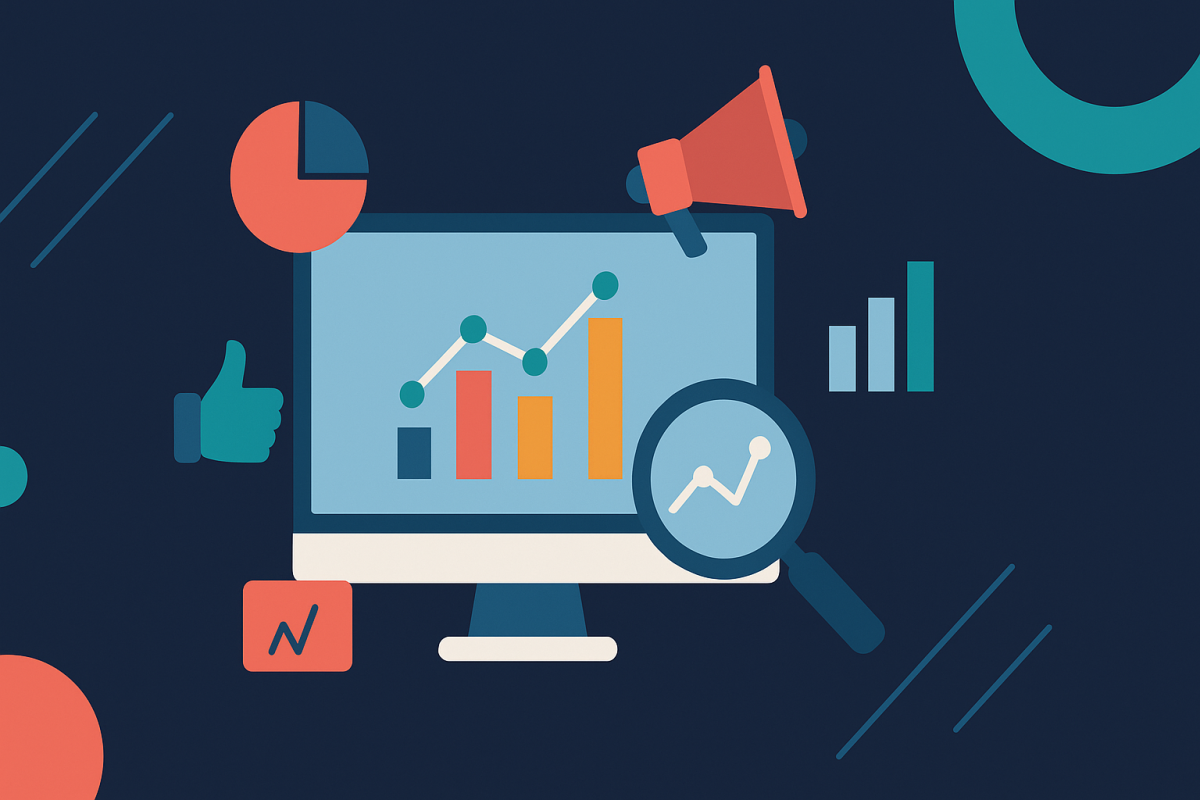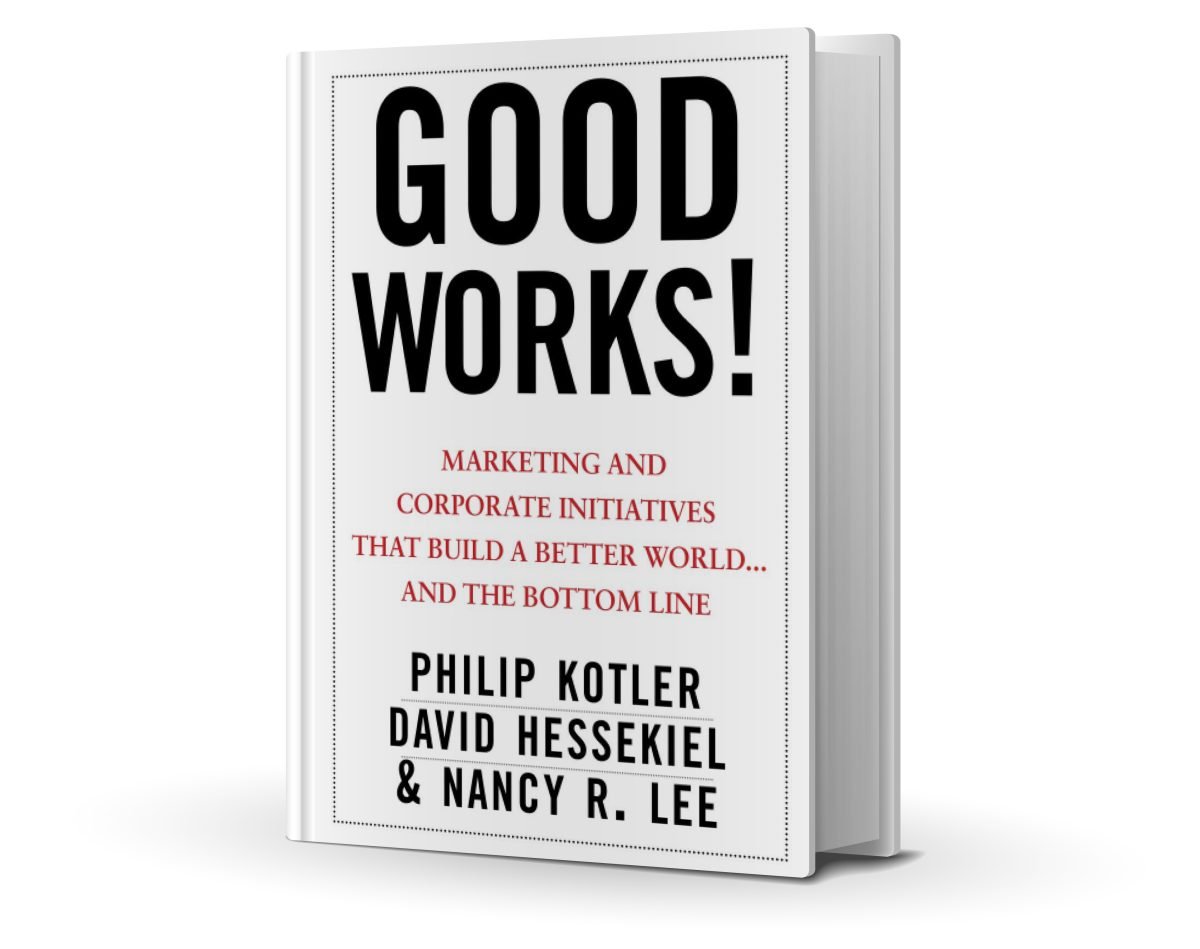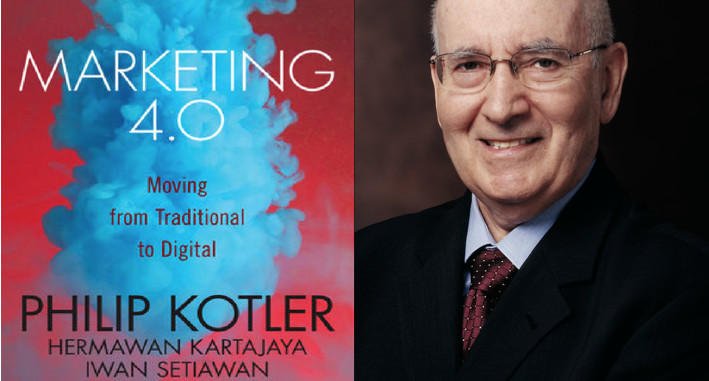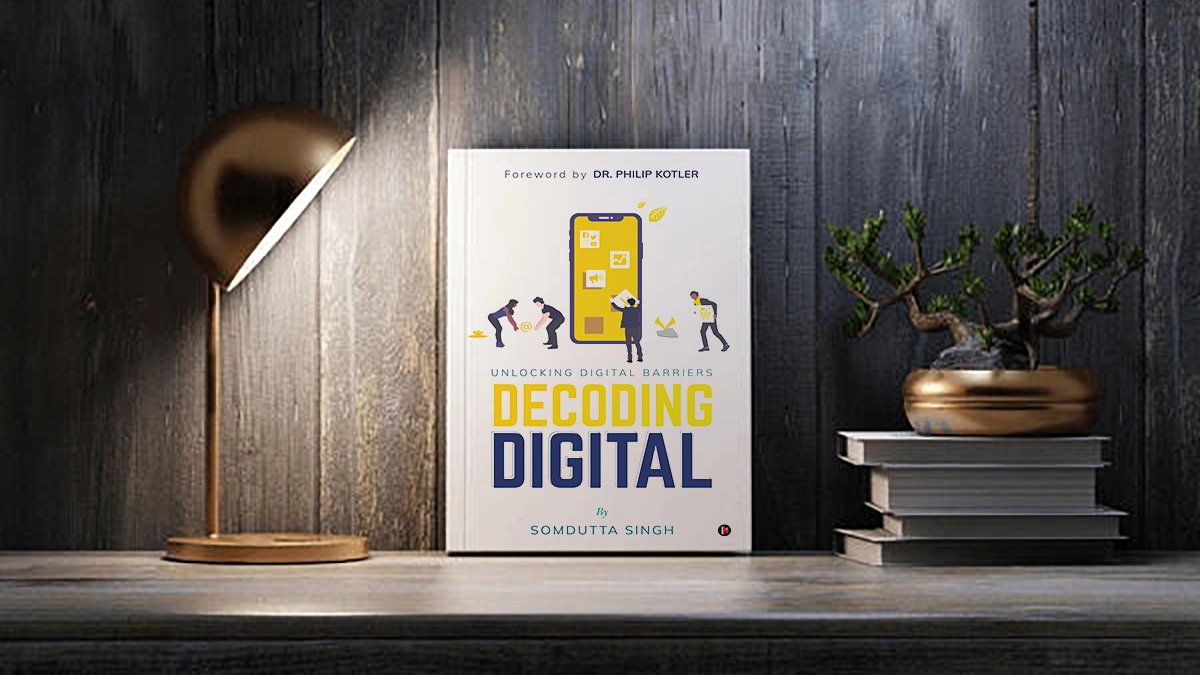In today’s fast-paced digital landscape, project management has become more complex than ever. With multiple teams, tight deadlines, and ever-evolving client expectations, project managers are constantly on the lookout for ways to improve efficiency and outcomes. Enter Artificial Intelligence (AI). AI has emerged as a game-changer in digital project management, offering a range of tools and solutions that can automate repetitive tasks, provide data-driven insights, and enhance overall productivity. In this blog post, we will explore how AI can revolutionize digital project management and introduce some of the best AI tools to help you get started.
1. Task Automation and Scheduling
One of the primary benefits of AI in project management is its ability to automate routine tasks and optimize scheduling. AI can analyze team members’ skills, workloads, and past performance to automatically assign tasks, ensuring balanced workloads and efficient resource allocation.
Tools to Use:
- Trello with Butler: Automate repetitive tasks, such as moving cards, assigning tasks, and setting due dates, directly on your Trello boards.
- ClickUp: An all-in-one tool that leverages AI to automate workflows, task assignments, and notifications.
2. Resource Management
Effective resource management is crucial for any project’s success. AI tools can help optimize resource allocation by analyzing project requirements and team capabilities. They can also predict resource shortages or overages, allowing project managers to adjust plans proactively.
Tools to Use:
- Mavenlink: Provides AI-driven resource planning and forecasting, making it easier to allocate resources effectively.
- Forecast: Uses machine learning to predict future resource needs and optimize resource allocation.
3. Risk Management
AI can significantly enhance risk management by identifying potential risks early in the project lifecycle and suggesting mitigation strategies. AI tools can analyze historical data to detect patterns that might indicate future risks, allowing project managers to take proactive measures.
Tools to Use:
- RiskWatch: Offers comprehensive risk assessment and management solutions, including real-time risk monitoring.
- Clarizen: Provides predictive insights and recommendations to help mitigate project risks before they escalate.
4. Data-Driven Decision Making
AI tools can leverage data analytics to provide predictive insights and facilitate data-driven decision-making. By analyzing vast amounts of data, AI can predict project outcomes, such as completion times, budget adherence, and resource utilization, enabling project managers to make informed decisions.
Tools to Use:
- Tableau with Einstein Analytics: Integrates data visualization with AI-driven predictive analytics for more informed decision-making.
- Power BI with Azure Machine Learning: Combines advanced analytics with machine learning models to predict project outcomes and optimize strategies.
5. Improved Communication and Collaboration
AI can enhance communication and collaboration among team members by automating routine communications and providing timely updates. AI-driven tools can facilitate better collaboration by recommending communication channels, detecting bottlenecks, and suggesting ways to improve team interactions.
Tools to Use:
- Slack with AI Bots (e.g., Workbot for Slack): Integrates AI bots to automate communication and provide project updates.
- Microsoft Teams with Polly: Uses AI-powered surveys to gather feedback and improve team communication.
6. Enhanced Project Tracking and Monitoring
Real-time progress tracking is essential for effective project management. AI can provide updates on task status, resource usage, and budget consumption, helping project managers stay on top of project developments and detect any anomalies early.
Tools to Use:
- Asana with AI-powered Integrations: Offers AI tools to monitor project progress and detect bottlenecks.
- JIRA with Automation for Jira: Utilizes AI to track project performance and automate routine monitoring tasks.
7. Automation of Administrative Tasks
AI can significantly reduce the burden of administrative tasks such as document management, time tracking, and reporting. By automating these tasks, project managers can focus on more strategic activities.
Tools to Use:
- Zapier: Automates workflows and connects different apps to streamline administrative tasks.
- Zoho Projects: Uses AI to automate document organization, task updates, and reporting.
8. AI-Driven Insights for Continuous Improvement
AI tools can analyze project data to provide actionable insights for continuous improvement. By identifying trends and areas for improvement, AI fosters a culture of continuous learning and optimization.
Tools to Use:
- Monday.com with AI-driven dashboards: Provides AI-driven insights and reporting tools to help teams improve continuously.
- Wrike with AI-Powered Analytics: Offers analytics tools to analyze feedback and provide actionable insights for project improvements.
9. Enhanced Client and Stakeholder Engagement
AI can enhance client and stakeholder engagement by personalizing communications and automating routine updates. By tailoring communications based on preferences and past interactions, AI improves engagement and satisfaction.
Tools to Use:
- HubSpot: Uses AI to personalize client communications and automate updates, improving engagement.
- Zoho CRM: Provides AI tools to manage stakeholder communications and provide insights on client preferences.
10. Natural Language Processing (NLP)
Natural Language Processing (NLP) is another area where AI can enhance project management. NLP-powered tools can assist with answering common questions, providing project updates, and analyzing team communications to gauge morale and detect potential conflicts.
Tools to Use:
- ChatGPT for Slack or Microsoft Teams: Integrates AI to provide quick responses to common questions and facilitate communication.
- Sentiment Analysis Tools (e.g., MonkeyLearn): Analyzes team communications to gauge morale and detect potential conflicts.
AI is transforming digital project management by automating tasks, optimizing resource allocation, enhancing communication, and providing data-driven insights. By leveraging the right AI tools, project managers can improve efficiency, reduce risks, and drive successful project outcomes. Whether you are looking to automate routine tasks, enhance collaboration, or gain deeper insights into your projects, AI has something to offer.
Embrace the power of AI and take your digital project management to the next level!








